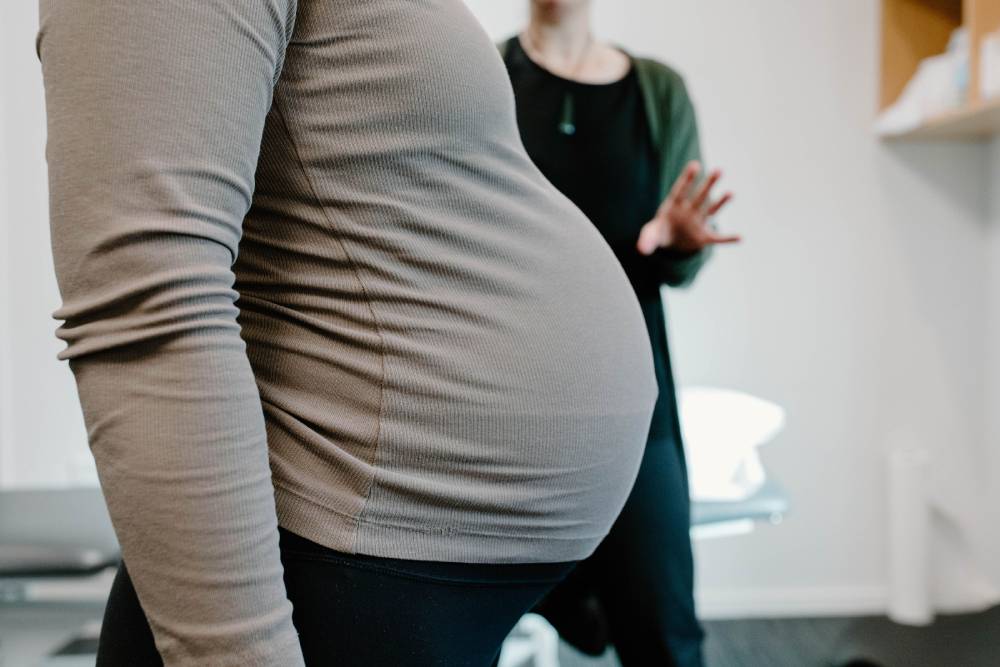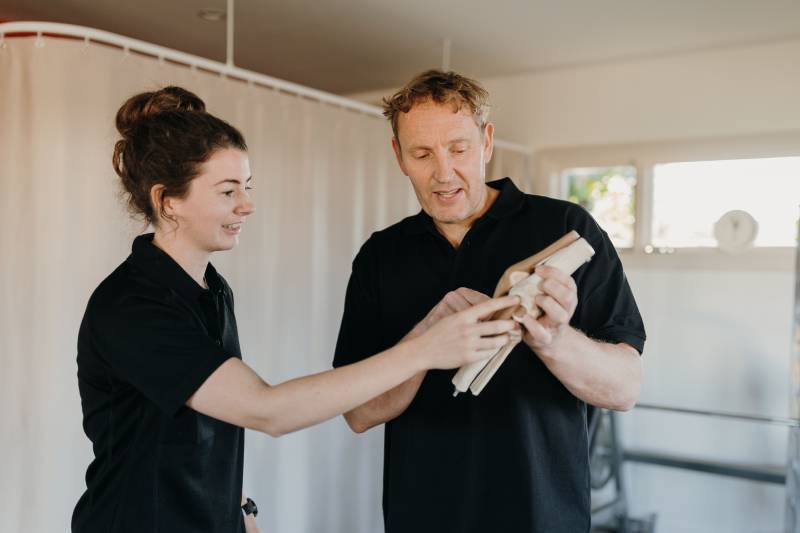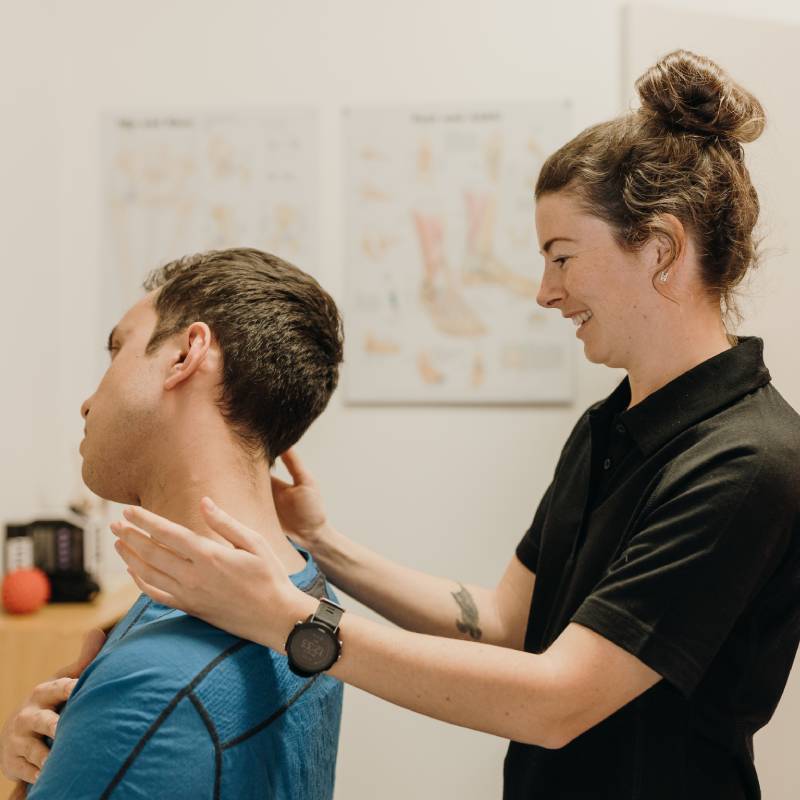Congratulations on your pregnancy, it can be a beautiful and challenging time for mums to be. The female body is amazing! Your body adjusts and changes throughout pregnancy to accommodate your growing baby. These changes can sometimes lead to pain and discomfort.
Areas which are often affected during pregnancy are:
- The Sacroiliac joint (back of the pelvis)
- Pubic symphysis (front of the pelvis
- Lower back
- Mid back
- Wrists
Whether the pain is mild or severe, our experienced pelvic health physiotherapists can help. We will carry out a safe and thorough assessment and tailor an individualized treatment plan which may consist of soft tissue release, manual therapy, activity modification and exercises. At Liberty Pelvic Health we also stock pregnancy specific support belts for pelvic girdle pain and Tubigrip to help support your body post birth.
Pregnancy and exercise:
If you are healthy and your pregnancy is normal, exercising during pregnancy can be hugely beneficial to both you and your growing baby. However, there is often confusion around the type and intensity of exercise that is appropriate. Our team at Liberty can help provide clarity around staying active throughout pregnancy and if required, prescribe individualised, trimester appropriate exercise plans.
Pelvic health during pregnancy:
Pelvic health is extremely important during pregnancy, and it is often the first time in our life we think of how our bladder, bowel, and pelvic floor work. If you have any pelvic health concerns during your pregnancy, we recommend seeing one of our physiotherapists for a pelvic health check, this will usually consist of a pelvic floor assessment, strengthening, bowel health advice and, later in your pregnancy, birth preparation.
Birth preparation:
We now have excellent evidence of the effectiveness of certain birth preparation techniques.
Perineal massage:
- Reduces the risk of 3rd and 4th degree perineal tears by 64%
- Reduces the likelihood of an episiotomy
- Significantly reduces the second stage of labour
- Significantly less likely to experience perineal pain post birth
- 30% reduction in risk of anal incontinence
Pelvic floor muscle training:
- Significantly reduces the second stage of labour.
- Significantly increases the likelihood of an intact perineum
Our expert pelvic health physiotherapists can help prepare your body for birth, reducing the risk of injuries during birth, keeping you active and reducing pain and discomfort.
Resources:
Exercise and pregnancy:
https://www.acog.org/womens-health/faqs/exercise-during-pregnancy







